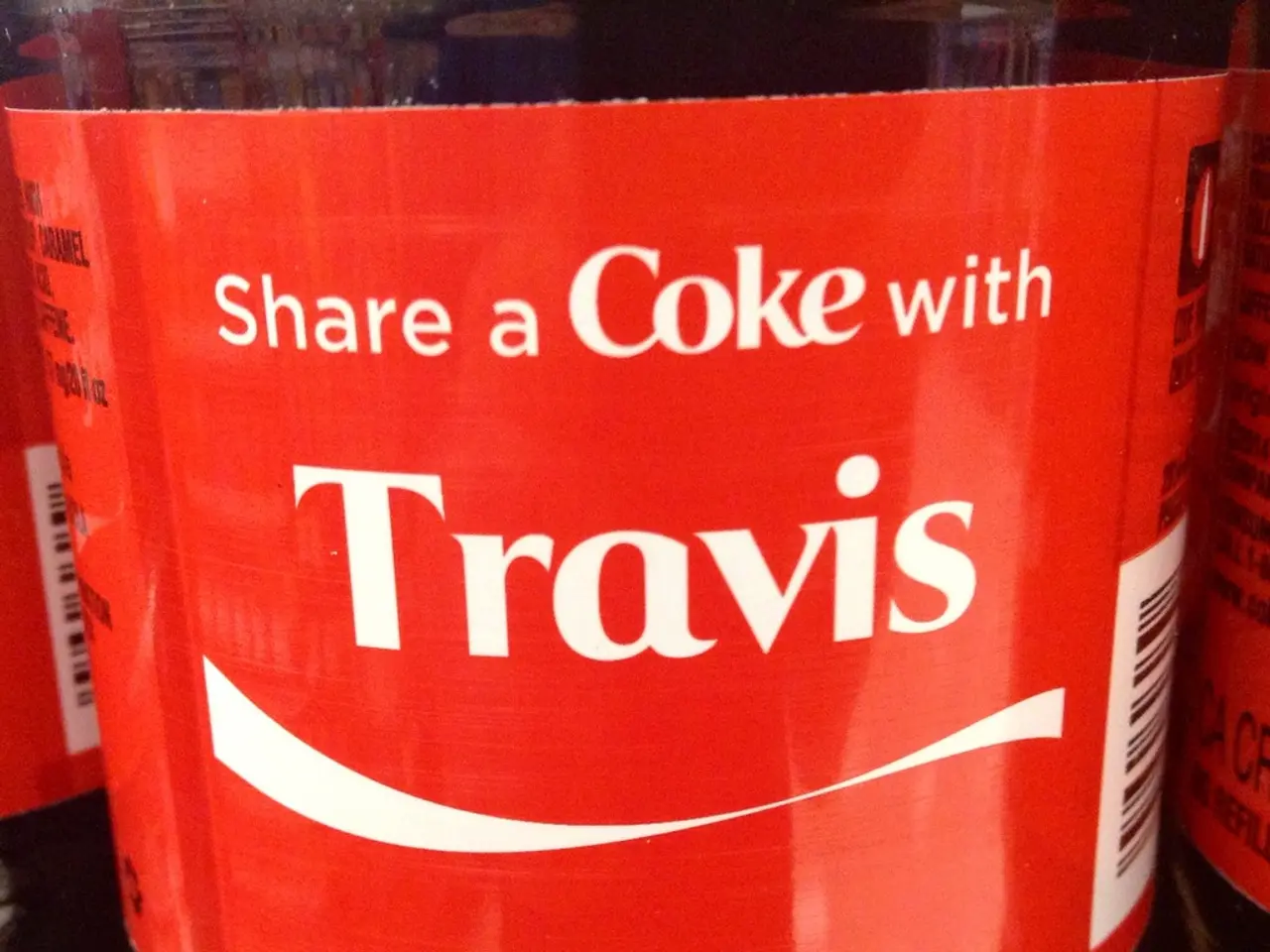Investors File Lawsuit Against Legal Firm Over Alleged Participation in FTX's Deceptive Practices
In the aftermath of the collapse of cryptocurrency exchange FTX, Silicon Valley law firm Fenwick & West finds itself at the centre of a storm of accusations. The law firm, known for its exceptional clientele, is being sued by FTX investors who allege that it played a significant role in the platform's fraudulent activities.
The lawsuit, filed under federal racketeering (RICO) laws, aims to hold Fenwick & West liable for allegedly participating in client fraud. The plaintiffs claim that the law firm not only enabled Sam Bankman-Fried's fraud but also helped design it.
The lawsuit alleges that Fenwick & West had exceptionally close relationships with FTX insiders and facilitated transactions that misused customer assets. Nishad Singh, FTX's former engineering director, testified that he informed Fenwick of the misuse of customer funds, improper loans, and false representations, and Fenwick advised on how to facilitate and hide these acts.
Investors allege that Fenwick & West "designed, approved, and implemented" corporate structures that enabled former FTX CEO Sam Bankman-Fried and insiders to steal hundreds of millions in customer funds through sham "loans." The Independent Examiner, reviewing over 200,000 documents, concluded that Fenwick & West was deeply intertwined in nearly every aspect of FTX Group's wrongdoing.
One of the key accusations against Fenwick & West is the creation of shell companies such as North Dimension to disguise customer deposits and withdrawals, thereby helping FTX evade regulatory oversight. The law firm's partnership, Tyler Newby, allegedly authored FTX's encrypted communications policy, which enabled Signal disappearing messages.
Partner Andrew Albertson of Fenwick & West is accused of helping connect the exchange to key venture capitalists, with the investors claiming that Fenwick's Silicon Valley prestige was crucial for legitimizing FTX with investors and venture capitalists, helping the exchange raise over $1.3 billion while allegedly knowing about insolvency risks.
However, legal experts caution that proving law firm culpability requires more than extensive client engagement. Alex Chandra, partner at IGNOS Law Alliance, stated that being "deeply intertwined" could simply reflect "the breadth of engagement with a complex client, where broad involvement is often necessary to understand and address their legal needs."
FTX filed for bankruptcy on November 11, 2022. Bankman-Fried was later convicted on seven fraud counts and sentenced to 25 years in prison. He has since been transferred to a medium-security facility in California, where he continues to maintain his innocence while pursuing an appeal of his conviction.
Fenwick & West, as a firm, has denied involvement in the FTX fraud allegations, stating that they are committed to upholding the highest standards of professional conduct and integrity. The outcome of this lawsuit could set a precedent for the liability of law firms in similar cases involving cryptocurrency platforms.
Read also:
- visionary women of WearCheck spearheading technological advancements and catalyzing transformations
- Recognition of Exceptional Patient Care: Top Staff Honored by Medical Center Board
- A continuous command instructing an entity to halts all actions, repeated numerous times.
- Oxidative Stress in Sperm Abnormalities: Impact of Reactive Oxygen Species (ROS) on Sperm Harm








